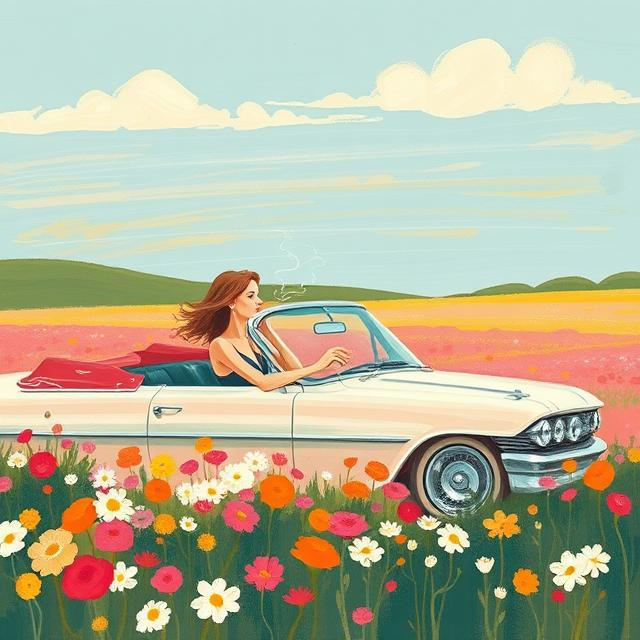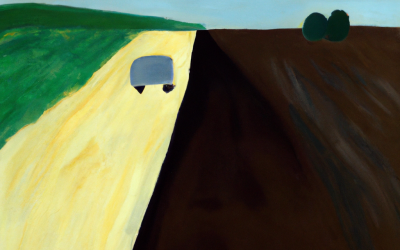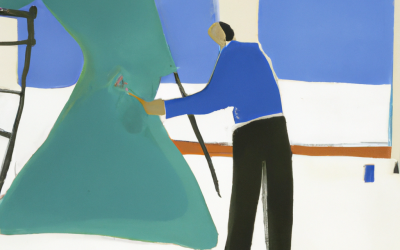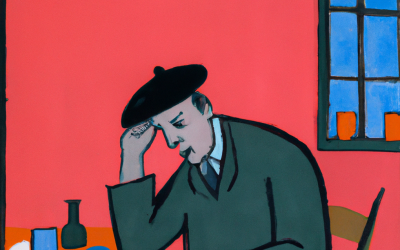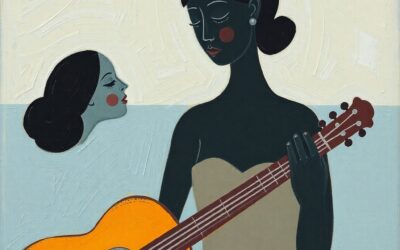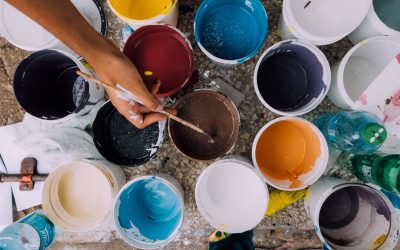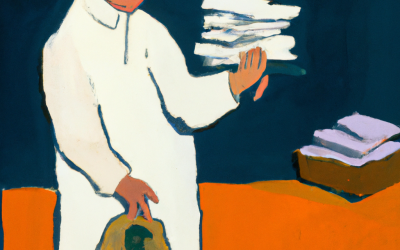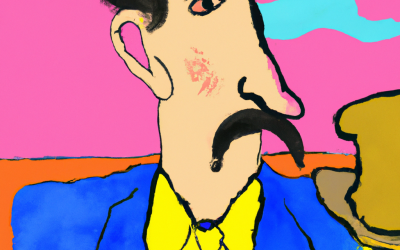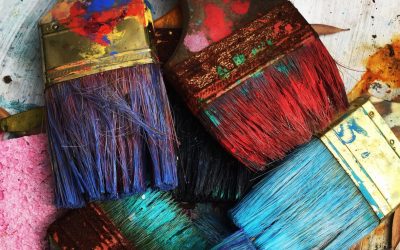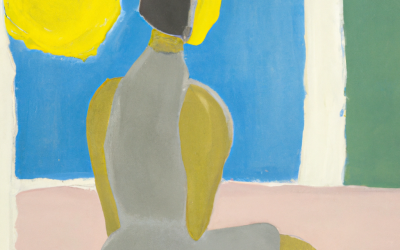The Beautiful Struggle of Being an Amateur Artist
So, you’ve decided to embark on the treacherous yet thrilling path of becoming an artist. Congratulations! You’ve just signed up for a lifetime of inspiration, frustration, and moments of existential doubt. Welcome to the club.
Being an artist—whether you paint, sculpt, write, compose, or dance—comes with a unique set of challenges. Especially when you’re still in the amateur phase, things can feel particularly overwhelming. From battling procrastination to figuring out how to price your work, the journey is filled with potholes and the occasional existential crisis.
But don’t worry. Every artist who ever made it past the “I have no idea what I’m doing” phase has faced the same struggles. And today, we’re tackling some of the most common amateur artist problems and how to solve them.
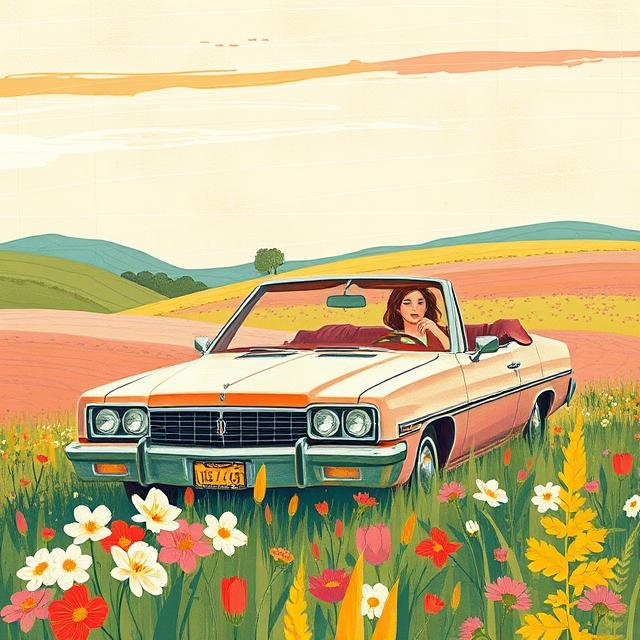
1. The Never-Ending Battle with Procrastination
Ah yes, procrastination art (or should we say, the art of procrastination). You know you should be creating, but somehow, you find yourself cleaning your workspace for the third time, watching “just one more” YouTube tutorial, or researching the perfect art supplies without ever actually using them.
How to Overcome It:
- Set a timer. Give yourself 10 minutes to create. Often, just starting is the hardest part.
- Use the 2-minute rule. If it takes less than two minutes to set up your materials, do it now.
- Embrace imperfection. Your first attempt doesn’t have to be a masterpiece. Just make something!
How Some Artists Beat Procrastination:
Contemporary artist Austin Kleon (author of Steal Like an Artist) suggests “showing up and doing the work” as the best way to beat procrastination. His trick? Keeping a daily log of creative work to track progress, even if it’s small.
2. Finding the Time to Create
You have a job, school, family responsibilities, or maybe all of the above. How in the world are you supposed to find time for art?
How to Make Time for Art:
- Schedule it like an appointment. Put it on your calendar and treat it as non-negotiable.
- Work in small bursts. 20 minutes of art is better than none.
- Eliminate distractions. Your phone is not your friend when it comes to creativity.
How Some Artists Manage Their Time:
Illustrator Lisa Congdon didn’t start making art professionally until her 30s. She balanced her creative practice with a day job by setting realistic schedules and dedicating certain days solely to her art. Time management for artists is a skill you must develop, but it’s worth it.

3. The Fear of Criticism and Rejection
Critique is part of the artistic process, but that doesn’t mean it’s easy. Sometimes, feedback feels more like a personal attack than constructive advice.
How Does Critique Affect Art, and How Do You Handle It?
- Separate yourself from your work. Your art is not you.
- Consider the source. Is the critique from someone experienced or just a random internet troll?
- Take what helps, ignore what doesn’t. Not all feedback is useful.
How Famous Artists Handle Criticism:
Even Vincent van Gogh was ridiculed in his time. The key? Keep going, regardless of what others say.

4. Developing a Distinctive Style
A question every amateur artist asks at some point: Can an amateur artist have a distinctive style?
The Truth About Style:
- It develops naturally. The more you create, the more your unique touch emerges.
- Experimentation is key. Try different techniques and mediums.
- Don’t force it. Your style isn’t something you “find” overnight—it evolves over time.
How Contemporary Artists Found Their Style:
Painter David Shrigley didn’t worry about being technically perfect. Instead, he embraced his raw, imperfect drawings, which became his signature style. Lesson? Authenticity beats perfection.
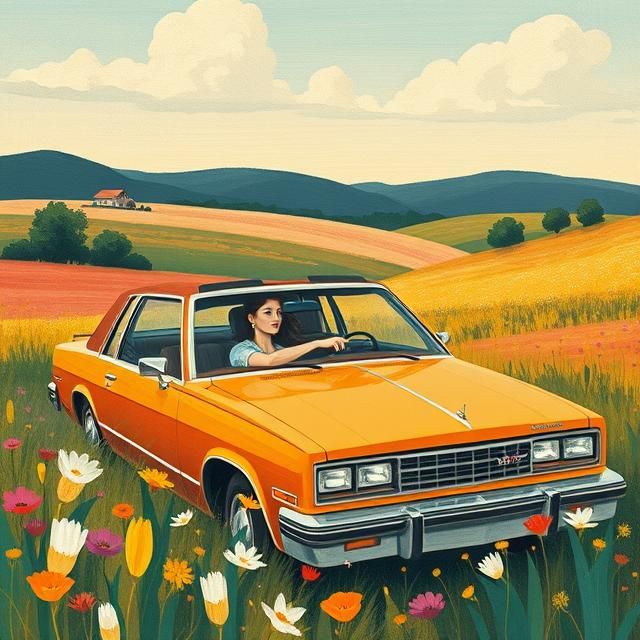
5. Pricing Your Work Without Having a Meltdown
One of the biggest amateur artist problems is figuring out how to price a painting (or any artwork, for that matter). Charge too much, and people might not buy. Charge too little, and you undermine your own value.
How to Price Your Work:
- Factor in time and materials. Don’t sell yourself short.
- Research similar artists. Look at what others at your level are charging.
- Don’t be afraid to raise your prices. As you gain experience, your prices should reflect that.
How Professional Artists Handle Pricing:
Photographer Chase Jarvis suggests that artists start with higher prices and adjust as needed. Undervaluing your work from the beginning makes it harder to increase your prices later.

6. Feeling Like an Impostor
If you’ve ever thought, “I’m not a real artist”—congratulations, you’re officially an artist. Impostor syndrome is real, and most creatives experience it.
How to Overcome It:
- Accept that self-doubt is normal. Even professionals feel it.
- Keep making art. The more you create, the more confidence you’ll build.
- Remember: No one else can make art exactly like you.
How Other Artists Deal with It:
Even legendary writer Maya Angelou admitted feeling like a fraud sometimes. The trick is to keep going anyway.

7. The Importance of Having a Mentor or Coach
Most successful artists didn’t navigate their creative journey alone—they had a mentor or coach to guide them.
Why Having a Mentor Matters:
- Guidance and support. A mentor can help you avoid common mistakes and accelerate your growth.
- Honest critique. They’ll give you constructive feedback that pushes you to improve.
- Networking opportunities. A mentor can introduce you to valuable connections in the art world.
Examples of Artists with Mentors:
- Michelangelo was mentored by Domenico Ghirlandaio, which shaped his early skills.
- Andy Warhol mentored Jean-Michel Basquiat, helping him gain recognition.
- Frida Kahlo was mentored by Diego Rivera, influencing her artistic development.
If you’re serious about your art, consider seeking guidance from a coach, mentor, or even a supportive community.


Keep Going, Keep Creating
Being an artist isn’t easy, but every struggle you face is part of the process. From beating procrastination to setting realistic schedules and handling critique, the journey is full of challenges—but also full of rewards.
If you truly love creating, you’ll find a way to make it work. The best life advice from artists? Keep showing up, keep making, and don’t let self-doubt stop you.

